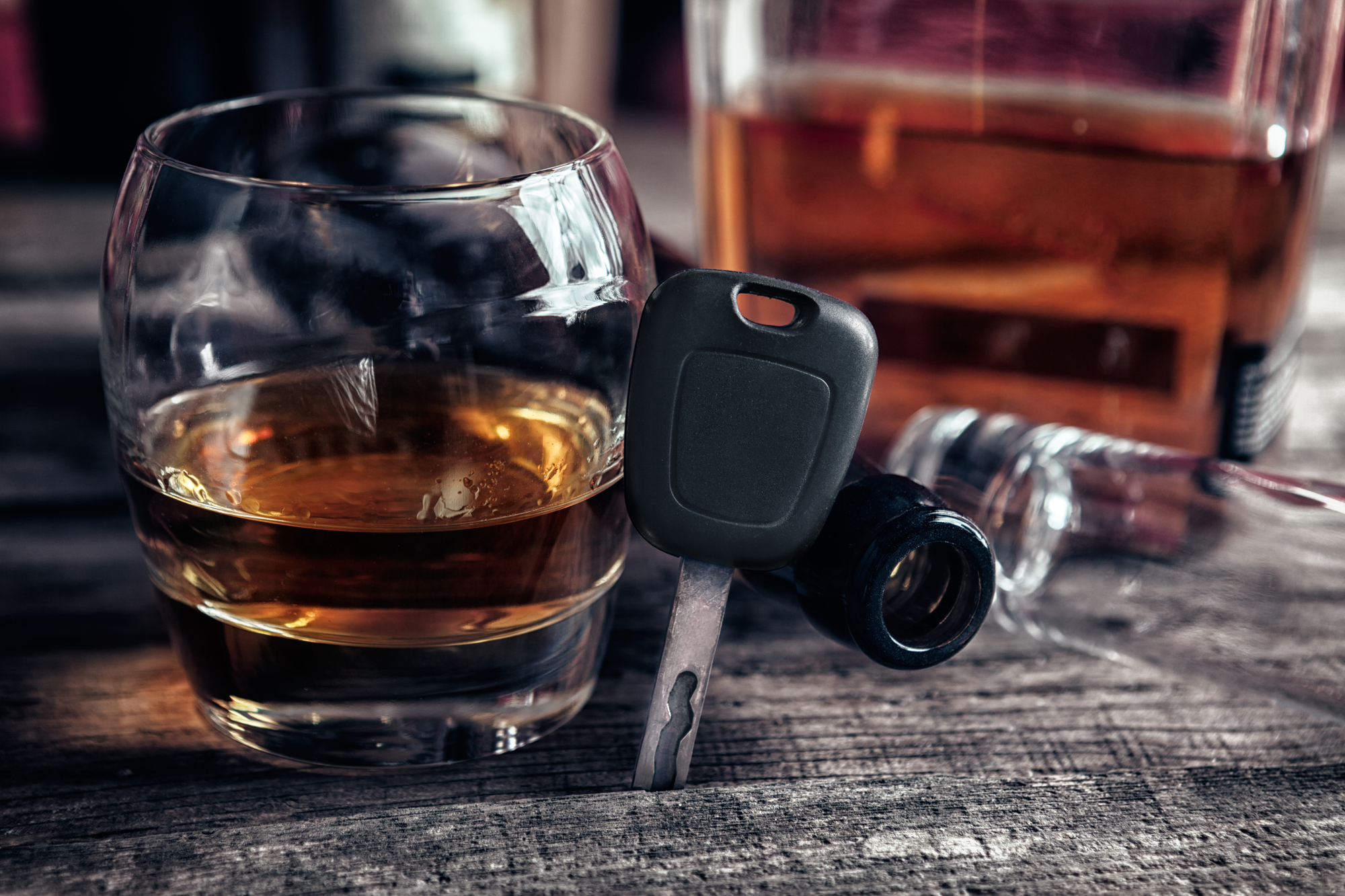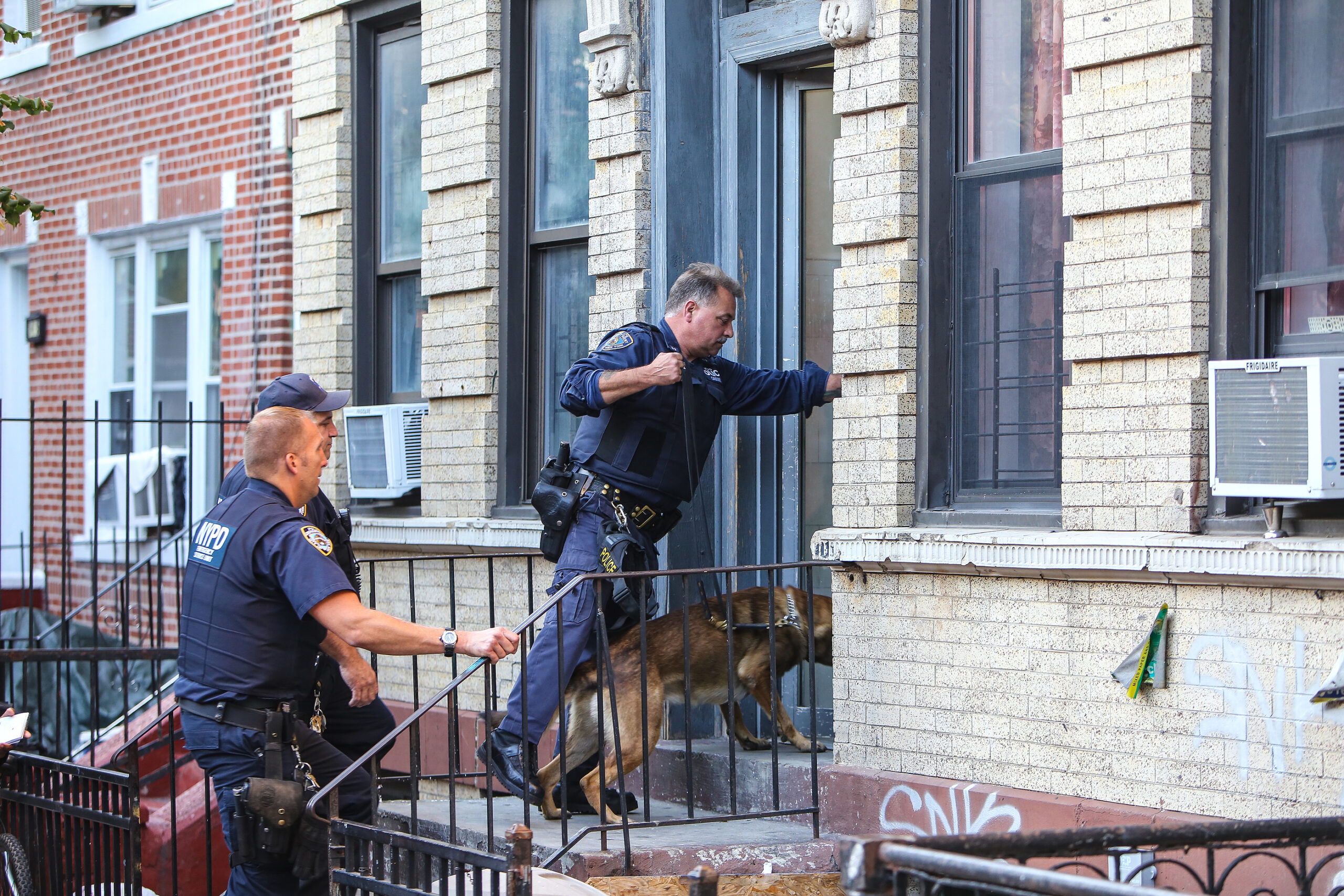What is Drug Trafficking?
In the State of Florida, drug trafficking is any person who knowingly sells, purchases, manufactures, delivers, or brings into the state or who is knowingly in actual or constructive possession of prohibited drugs in an amount above the trafficking threshold. This law means that an offender does not have to be engaged in trafficking to be charged. They may be charged if they simply possess an amount of drugs above a certain amount.
What is the trafficking threshold?
Possession of 25 pounds of cannabis or 300 plants is considered trafficking. Other minimum thresholds for more popular drugs in Florida are as follows:
- Cocaine: 28 grams
- Amphetamines: 14 grams
- Fentanyl: 4 grams
- Oxycodone: 4 grams
- Heroin: 4 grams
- Morphine: 4 grams
- Opium: 4 grams
- MDMA (Ecstasy): 10 grams
- Lysergic acid (LSD): 1 gram
- Hydrocodone: 4 grams
- Methaqualone: 200 grams
- Gramma-hydroxybutyric acid (GHB) 1 kilogram
What are the Penalties for Drug Trafficking?
Drug trafficking crimes in Florida are typically charged as first-degree felonies that are punishable by up to 30 years in prison and fines of up to $10,000. There is a significant number of trafficking crimes that carry a mandatory minimum term of incarceration and include a mandatory fine.
- Cannabis
- 25 pounds to 2,000 pounds: three years in prison and a $25,000 fine
- 2,000 to 10,000 pounds: seven years in prison and a $50,000 fine
- 10,000 pounds or more: 15 years in prison and $200,000 fine
- Cocaine
- 28 grams to 200 grams: three years in prison and a $50,000 fine
- 200 grams to 400 grams: seven years in prison and a $100,000 fine
- 400 grams to 150 kilograms: 15 years in prison and $250,000 fine
- Fentanyl
- Four grams to 14 grams: three years in prison and a $50,000 fine
- 14 grams to 28 grams: 15 years in prison and $100,000 fine
- 28 grams to 30 kilograms: 25 years in prison and $500,000 fine
- GHB
- One kilogram to five kilograms: three years in prison and $50,000 fine
- Five kilograms to 10 kilograms: seven years in prison and $100,000 fine
- 10 kilograms or more: 15 years in prison and $250,000 fine
- Hydrocodone
- 14 grams to 28 grams: three years in prison and a $50,000 fine
- 28 grams to 50 grams: seven years in prison and a $100,000 fine
- 50 grams to 200 grams: 15 years in prison and $500,000 fine
- 200 grams to 30 kilograms: 25 years in prison and $750,000 fine
- Heroin
- Four grams to 14 grams: three years in prison and a $50,000 fine
- 14 grams to 28 grams: 15 years in prison and $100,000 fine
- 28 grams to 30 kilograms: 25 years in prison and $500,000 fine
- 30 kilograms or more: life in prison and $500,000 fine
- LSD
- One gram to five grams: three years in prison and a $50,000 fine
- Five grams to seven grams: seven years in prison and a $100,000 fine
- Seven grams or more: 15 years in prison and $500,000 fine
- MDMA (Ecstacy)
- 10 grams to 200 grams: three years in prison and a $50,000 fine
- 200 grams to 400 grams: seven years in prison and a $100,000 fine
- 400 grams or more: 15 years in prison and $250,000 fine
- Methamphetamine
- 14 grams to 28 grams: three years in prison and a $50,000 fine
- 28 grams to 200 grams: seven years in prison and a $100,000 fine
- 200 grams or more: 15 years in prison and $250,000 fine
- Oxycodone
- Seven grams to 14 grams: three years in prison and a $50,000 fine
- 14 grams to 25 grams: seven years in prison and a $100,000 fine
- 25 grams to 100 grams: 15 years in prison and $500,000 fine
- 100 grams to 30 kilograms: 25 years in prison and $750,000 fine
What are Common Defenses to Drug Trafficking Charges?
Standard pretrial and trial defenses may be raised in any criminal case. Pretrial defenses challenge the legality of how the evidence was obtained and the sufficiency of the evidence. Trial defenses such as affirmative defense do not deny that an offense has occurred but claim that the conduct was legally justified. Other defenses commonly raised during drug trafficking cases include:
- Entrapment: This occurs when an officer or informant coerces a person to commit an offense that he or she would have been unlikely to commit otherwise.
- Illegal search and seizure: This occurs when law enforcement personnel exceed the scope of their authority by requiring others to submit to a vehicle, home, or body search without just cause; coercing others into agreeing to a search; arresting people without cause; or obtain search warrants in bad faith. If this can be proven, then it would be directly violating the Fourth Amendment of the Constitution and may lead to a dismissal of the case.
- Substantial assistance: Substantial assistance is not technically a defense but is commonly used to avoid the minimum-mandatory sentencing requirements. A sentence may be reduced if the defendant agrees to assist in the identification, arrest, or conviction or any other person who is engaged in similar trafficking of controlled substances. If the person is unable or fails to deliver the agreed assistance, he or she will be required to serve the applicable minimum-mandatory prison sentence.
Do I Need an Attorney?
Given the severity of drug trafficking charges, this is not a fight to take on alone. Call Panella Law Firm today at 407-233-1822 or fill out a contact form for a free consultation.



